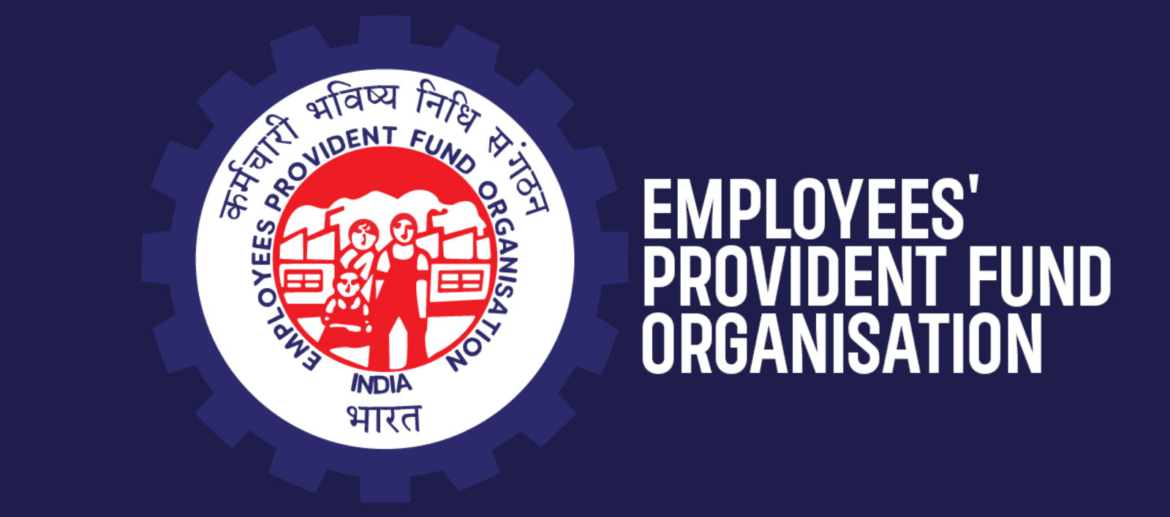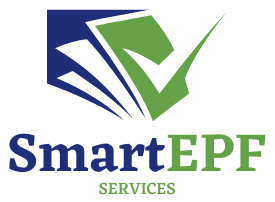
Why Choose Us
Seeking guidance from professionals or consulting with the EPFO can be helpful in understanding the specific procedures and requirements applicable to your business.
EPF returns is essential for ensuring compliance with legal requirements, promoting employee financial security, facilitating retirement planning, and fostering a positive employer-employee relationship. By fulfilling their EPF obligations, employers contribute to the welfare and well-being of their workforce, while employees benefit from the long-term growth and stability of their EPF accounts.
Research & Development

Filing EPF (Employee Provident Fund) returns involves several steps to ensure compliance with EPF regulations and timely submission of employee contribution details. Here are the general steps involved in filing EPF returns:
- EPF returns services providers may offer support to employees in accessing their EPF accounts,
- Checking balances, submitting withdrawal claims, and resolving EPF-related queries.
EPF RETURNS SERVICES
When selecting an EPF services provider, businesses should consider factors such as expertise, reputation, service quality, pricing, and alignment with their specific needs and requirements. It’s essential to choose a provider that offers comprehensive support and ensures compliance with EPF regulations to mitigate risks and ensure smooth operations.
Here are some of the key benefits:
1. Compliance with Legal Requirements:
- Filing EPF returns ensures compliance with the statutory requirements mandated by the EPF Act, 1952.
- Employers are legally obligated to file EPF returns accurately and on time to avoid penalties and legal consequences.
2. Employee Financial Security:
- EPF returns facilitate the accumulation of retirement savings for employees through regular contributions made by both the employer and the employee.
- Employees benefit from the long-term growth of their EPF accounts, which provide financial security and stability during retirement.
3. Tax Benefits for Employees:
- Contributions made to EPF accounts are eligible for tax deductions under Section 80C of the Income Tax Act, 1961, up to a specified limit.
- Employees can reduce their taxable income and lower their overall tax liability by contributing to EPF accounts through their salaries.
4. Employer Contribution Matching:
- Employers are required to match the EPF contributions made by employees, effectively doubling the amount of retirement savings accumulated over time.
- Employer contributions enhance the value of EPF accounts and provide additional financial support to employees during retirement.
5. Retirement Planning:
- EPF returns contribute to effective retirement planning for employees by building a corpus of savings over their working years.
- Employees can rely on EPF funds as a source of income during retirement, ensuring a comfortable and financially secure post-retirement life.
